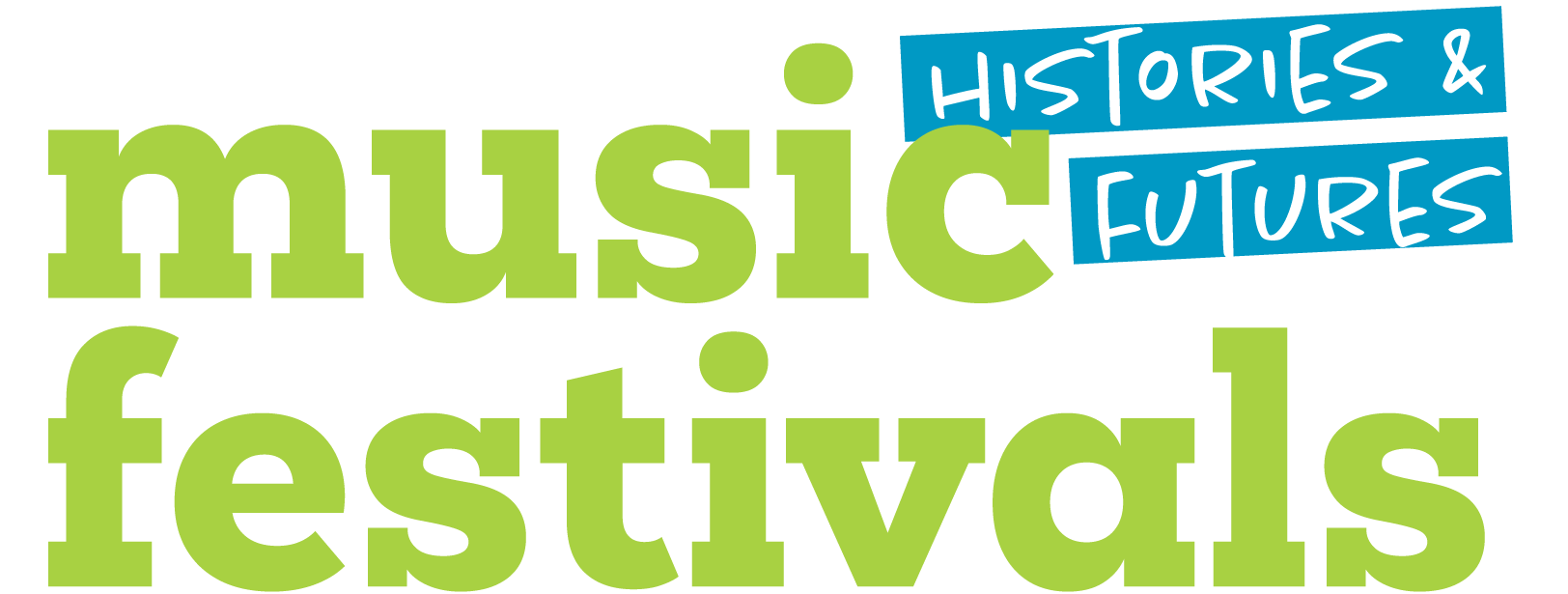The second part of the “Curating for Change” conference was a totally different experience than the first part back in August. Though I enjoyed the first part immensely, I feel that I learned some things that I had never considered from my own positionality. Many of these panels significantly impacted how I see music, festivals, and my own engagement with these events. There were so many interesting panels and discussions over the two days that this conference took place, but I only have a limited amount of space to discuss my own experience. For that reason I have opted to focus on Day Two (October 15, 2022), as this was the day that I personally engaged more deeply as a panel chair.
The conversation between Jody Cripps and Chris Dodd was such an amazing discussion about how music and music festivals are experienced and explored in the deaf community. This discussion was communicated through ASL and then translated into verbal English for those of us who are not fluent in ASL (myself included). I have never attended an academic conference panel that was communicated through ASL, and I immensely enjoyed experiencing sign language as a main mode of communication. There were ASL interpreters throughout the entirety of the conference, but this discussion was where the language took centre stage. Seeing as the conversation was centred on the deaf community, it makes total sense that ASL was the language used, though I admit my own surprise at this. I felt like I learned so much about how the deaf community experiences music and festivals, and also challenged my own assumptions about deaf creators that I held previously, to my own shame. I admit that I had not given much thought to people in the deaf community attending music festivals, even though I knew that my own friends in this community enjoy music in their everyday lives. I am glad that this panel challenged my own biases and made me think deeply about how I can attend future academic conferences, and future music festivals, in a way that is much more cognizant of the deaf community.
The panel that I had the pleasure of chairing also made me think about my own place as a music listener and festival attendee. Chanel Prince’s presentation about Afropunkfest reminded me that festivals are not only a place for music lovers, but also a place where people can feel safe and seen in their community. This was similarly discussed in Jessica Roda and Sofia Doroshenko’s discussion on the Jewish musical and cultural festival in Poland. And Cheryl Thompson’s presentation dived into the lack of gender diversity in Coachella’s lineup and the way that many women experience harassment at this event. Thompson also demonstrated that corporate sponsors take no real responsibility for the negative experiences at Coachella. Together, themes of representation, safety, and culture threaded through all of these presentations, and inspired the audience to consider how to be responsible festivalgoers, making sure to respect and honour the communities that are supposed to be celebrated at these events. It is also so important for us as consumers of culture and music to know that there is a difference between enjoying and appropriating a culture, as was eloquently demonstrated by the presenters in this panel.
Finally, the last two panels discussed sustainability and the environmental impact of music festivals. As a historian I do not often engage with such discussions, so I found myself awed by both the creative ideas and the expertly conducted research that the presenters shared with us. I had not considered much beyond recycling food containers, but I learned that there is so much more to being responsible to the land and the environment when attending festivals. In the Canadian context, it is so important for all festivals to respect the land, and the Indigenous communities that were and are connected to the land that any festivals take place on. This includes avoid polluting the area, preserving plant and animal life and, of course, consulting the communities that might be impacted by the potential music festival.
There is so much more that was explored, discussed, and shared throughout this two-day online conference than what I can write about in one short response. I learned so much and was also forced to confront my own position as a consumer and audience member, which was a great experience. As a viewer of these varied panels, I can assure you that the conference was a fantastic success.
Victoria Seta Cosby is an upper year doctoral candidate in the Queen’s University History Department in Ontario, Canada. Her research interests include Canadian women, the British World, and gender and sexuality studies. She is currently working on a biography of Harriet Dobbs Cartwright.
